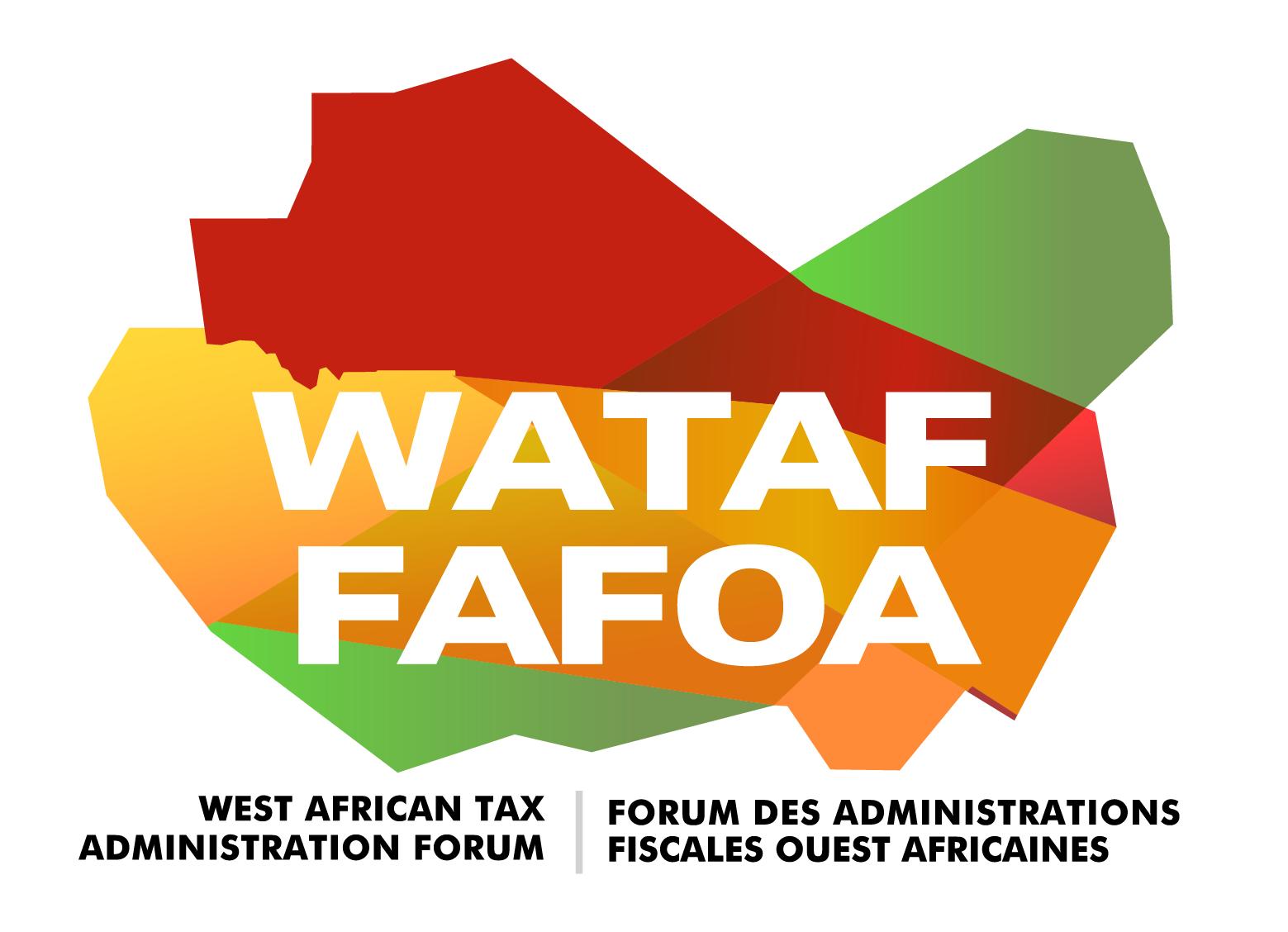WATAF is organising a virtual training on the taxation of the digital economy on 15th -17th June, 2021. The training will bring together diverse stakeholders from tax administrations and Ministry of Finance to share experience and expectations from West Africa on the path to take towards formulating sound fiscal policy frameworks domestically to better tax the digital economy in order to prevent tax revenue leakages.
OVERVIEW AND LEARNING OBJECTIVES
The digitalisation of the economy has a major impact on our daily lives as well as on the taxation of business. Most of the current domestic and international tax rules find their origins in the traditional bricks and mortar economy. These outdated rules lead to a situation where many companies are hardly taxed in states where they do business on a large scale. At the same time, states do their best to come up with solutions that would lead to taxation. Often these solutions are included in their domestic tax legislations and it may be uncertain whether the states are entitled to apply these solutions when double taxation conventions are in place between the resident state of the enterprise and the state in which clients of these enterprises reside.
This three-day course will address the different business models used and the various types of e-commerce activities. For the different models and activities, the application of double taxation conventions will be addressed.
An important aspect of the course concerns the latest developments because of the publication of the BEPS Action 1 report. The policy note, which was published in 2018, discussed three possible solutions: the user participation approach, the marketing intangibles approach and the significant digital presence approach.
TRAINING TOPICS
i. Tax Office Process Automation
ii. Key Features of the Digital Economy
iii. International Tax Planning and the Digital Economy
iv. The Permanent Establishment Concept and the Digital Economy
v. Attribution of Profit to a PE and the Digital Economy
vi. Transfer Pricing and the Digital Economy
vii. VAT/GST Aspects of the Digital Economy
viii. Country Initiatives and Other Recent Developments
TARGET PARTICIPANTS
The target participants are:
i. Tax Inspectors handling international tax functions and possessing some basic understanding of double taxation conventions.
ii. Tax Inspectors involved in Tax Policy design and implementation
iii. Tax Officials involved in Transfer Pricing Audit functions
iv. Others interested in understanding the dynamics of the operation of a modern tax administration system.
EXPECTED OUTCOMES OF THE TRAINING ON TAXATION OF THE DIGITAL ECONOMY
In specific terms, the benefits of the training on the taxation of the digital economy to participants includes:
- The course will enable participants who have a good understanding of Transfer Pricing principles to gain an in-depth understanding of TP issues and to learn how to manage them;
- Improve participants’ understanding of the dynamics of international taxation with regards to the taxation of the digital economy;
- Encourage peer learning of best practices amongst participants with positive effects of improvement in tax administration processes in WATAF member countries; and
- Provide opportunity for the coagulation of expectations and needs for future capacity building initiatives.






 Views Today : 70
Views Today : 70 Total views : 37615
Total views : 37615